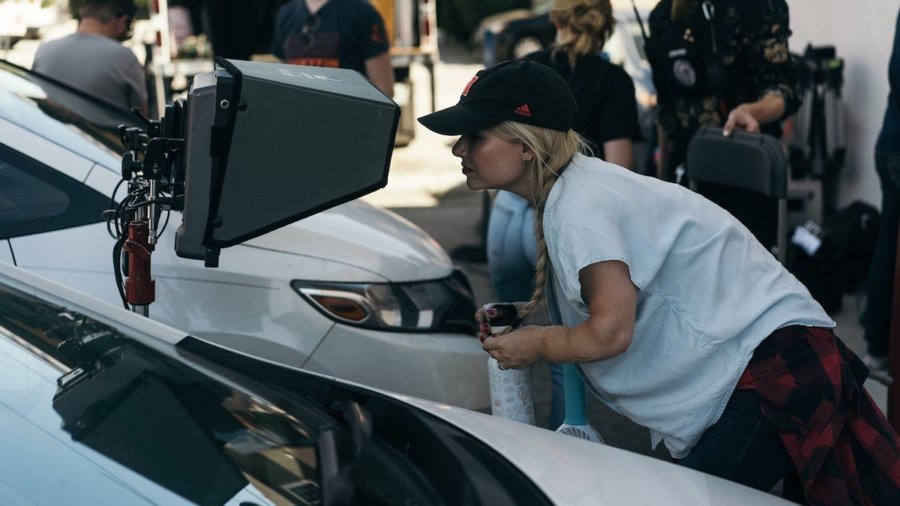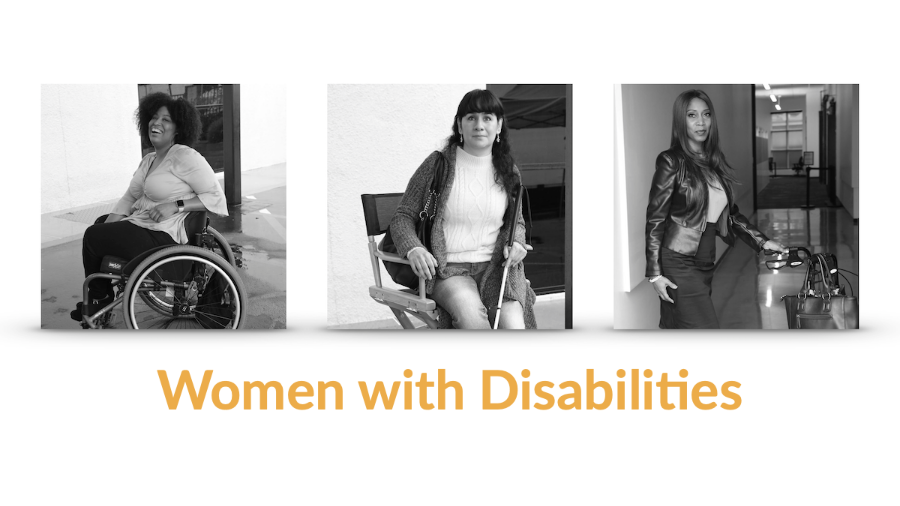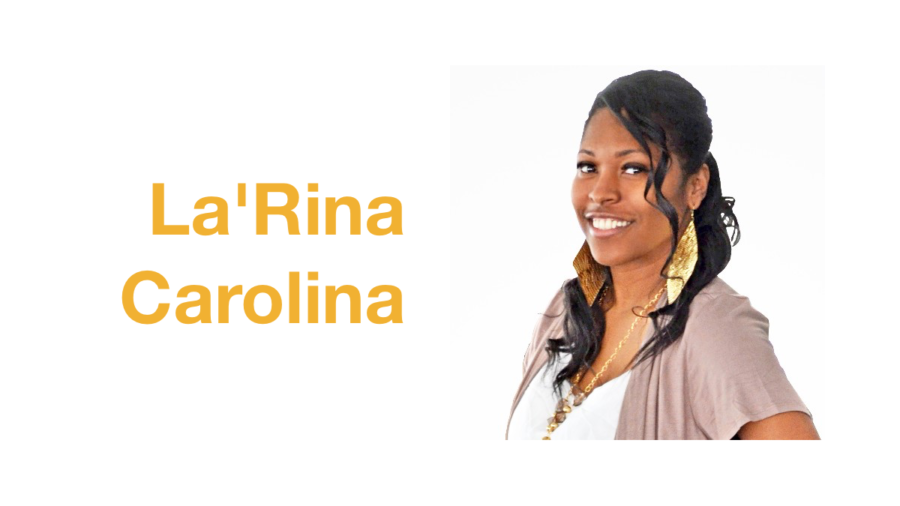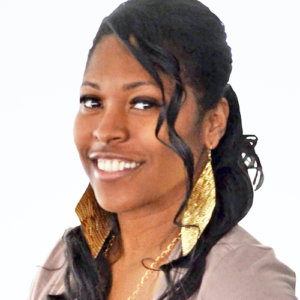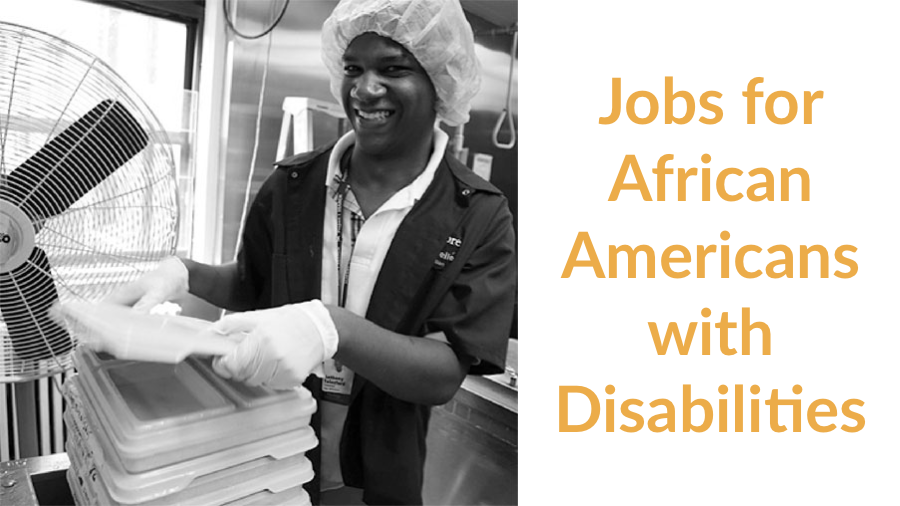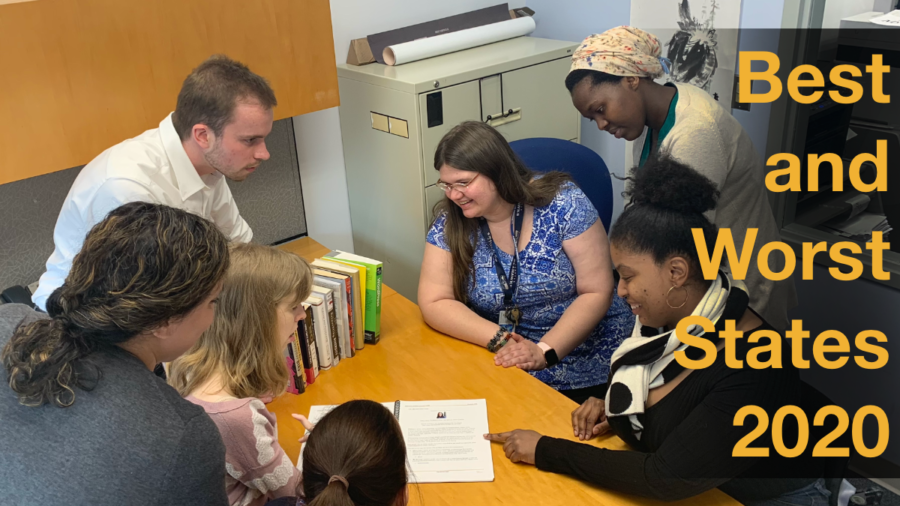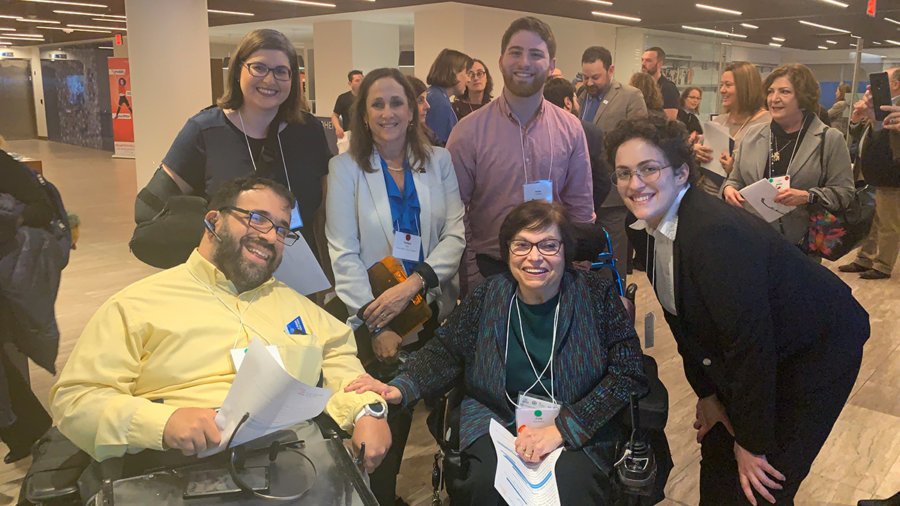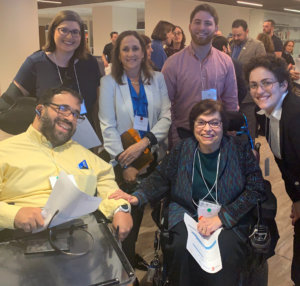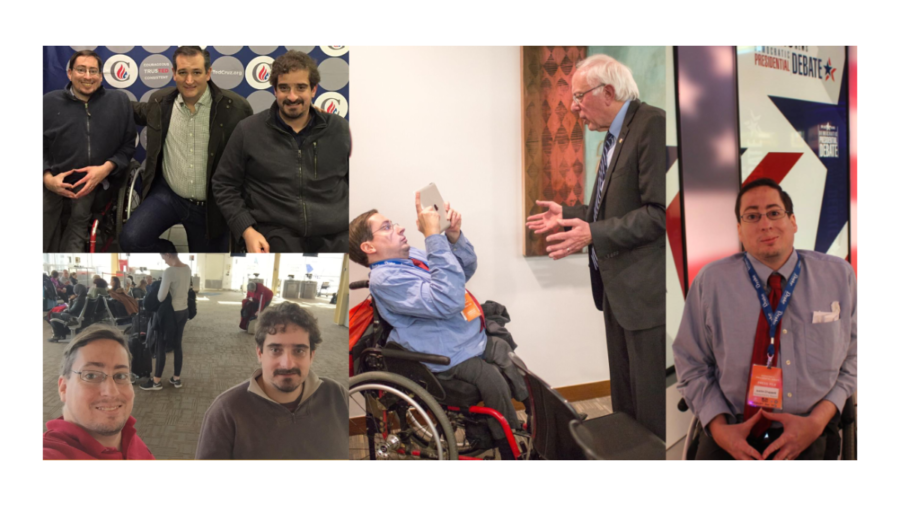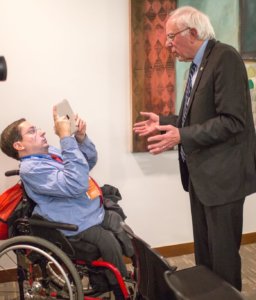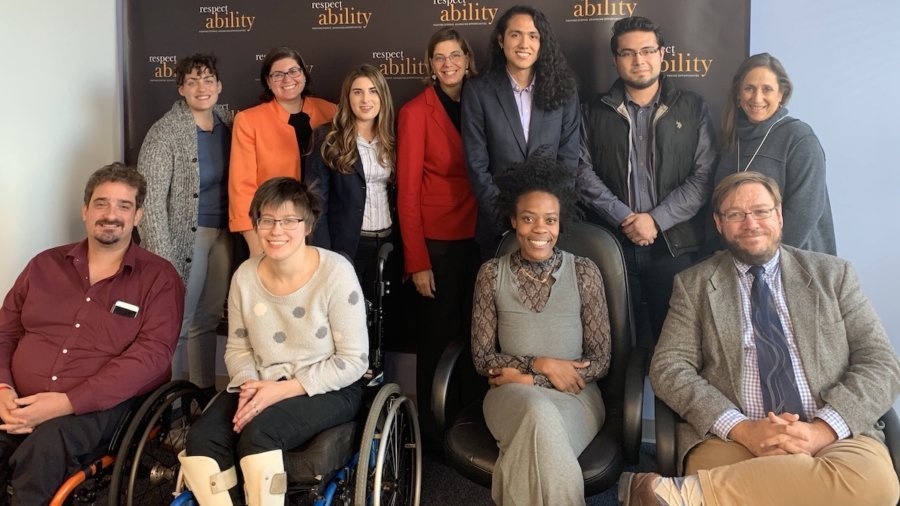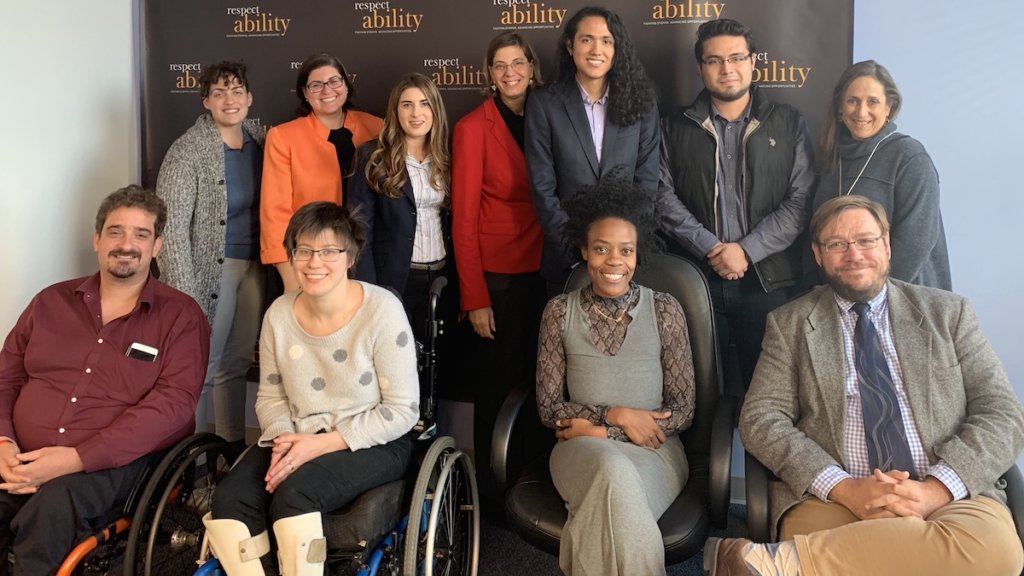
Ash Williams with RespectAbility Staff and Fellows
Rockville, Maryland, January 24 – Gender education is necessary to creating an inclusive and safe space free of hatred where trans people can fully participate in their place of work. Ash Williams visited RespectAbility and delivered a three-hour long training on the importance of gender-based terminology, pronouns, advocacy, inclusion and intersectionality.
Williams divided us into four groups to talk about gender-based terminology. Each group was given two words and the groups shared what those words meant to them. Words included transition, cis, transphobia, trans-misogyny, and trans. Ash recalled multiple workshops where people had hesitation over how words were defined for them so this activity expresses the importance of gender terminology being used contextually and not in a vacuum defined by others.
At RespectAbility it is common for people to introduce themselves with their names and pronouns at meetings, a practice that was put in place earlier this year prior to this Fellowship cohort. When someone asked about not being asked to identify their pronouns – in this situation because this individual was fluid in the pronouns this individual chose to use on any given day – Williams shared the importance of increasing choice by asking future Fellows to “share your pronouns if you want to.” Williams also added that the word “preferred” should never be used when asking for pronouns because a person’s pronouns are the only way they can be addressed. Using “preferred” waters down the importance and makes it harder for trans people to be present in the room. Williams also advised adding “is there anything else you want us to know about you so we can better support you” to our accommodation request forms. [continue reading…]



